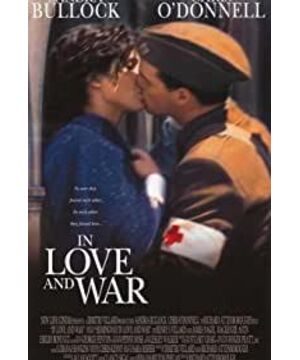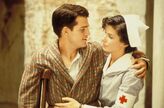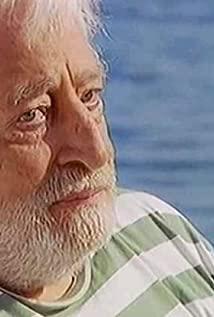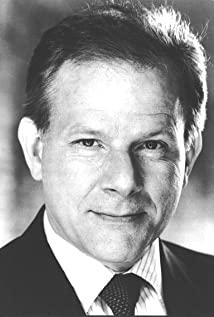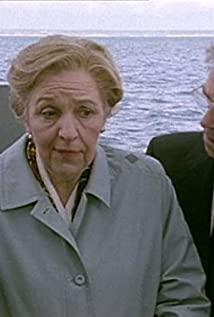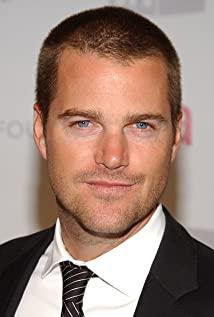Inscription -
Love is "one-eighth on the iceberg", and the destruction of love is enough to make people suffer for a lifetime; war is "seven-eighths under the iceberg", which is the fundamental reason for the destruction of love.
-------------------------------------------------- ------------------------------
After reading "In Love and War", I am confused by Ernest's decision , didn't know it was Ernest 'Ernie' Hemingway's love story. But all of a sudden, I understood the final choice of the male protagonist. He is Hemingway.
I've always had a soft spot for romance movies about war, even the "tip of the iceberg" of Helen by Nazi officer Amon Goeth in Schindler's List. There are more "The English Patient (English Patient)", "Captain Corelli's Mandolin (Captain Corelli's Mandolin)", "The White Countess (Countess)"... Strangely, among them A lot of it is starring Ralph Fiennes. Perhaps, like me, he couldn't resist the terms war and love, so he chose this type of script many times. Among the many characters in Fiennes, I still love Amon the most, the ruthless and brutal commander of the "Jing Guard". His behavior is disgusting, but you can't stop your inclination toward it. He was utterly handsome in Nazi uniform; his nails were neatly trimmed, but covered in blood; he leaned over to read the newspaper, just to get closer to Helen, a Jew; he said that if he could, he would take Helen away after the war;… Displaced between his distaste for Jews and his fascination with Helen, he wanders between evil and humanity. He makes it impossible for you to flip your teeth and resist the response of your heart. Of course, Helen did. How could she do it.
Off topic, it's all about Fiennes. Back on track.
The film can't talk about ups and downs, it's because of the biopic, I want to be convincing. It can't be too dramatic, and it can't take away its authenticity. But as far as love genre films are concerned, it is not yet to be criticized.
The whole film makes me think that writing is the resonance of the end of the show. It's more about Hemingway's character than the movie arouses my heart. Character determines destiny. Hemingway was destined to endure four marriages and trials. He was too proud to allow the slightest verdict or hesitation from Agnes. Even if he loves her, he gives up. Your return, your repentance, cannot cover up the fact that you have defected; your declaration of love cannot heal the trauma of leaving me. There is no room for a grain of sand in my love. Hemingway is so bold that he sacrificed his life's love for it.
People always like to ask, "Is it worth it?" - giving up the whole white totem of love for a seemingly small black spot. Hemingway may be serious, but he is so close to seeing people and people, people and love. It's not his fault, it's just that the world is too complicated.
war. love. love in war. One destruction, one good. These two words are widely used in many film and television works and literary works. Joseph Rudyard Kipling once said: There are two most noble things in the world, one is love and the other is war. War destroys people's pursuit of beautiful things, especially love. It destroys people's will and underestimates the value of people's lives, thus making everything meaningless. Love is the most tender thing in the world, it gives a touch of warmth and comfort on the battlefield filled with gunpowder smoke.
The stronger the emotional color of love, the more deterrent it is to destroy. The battle of Eros is meaningless. Ernest rejected Agnes, changed his wife and lover, and was lonely all his life; Agnes had an unforgettable memory of Ernest and never married. They were never happy.
We escaped the war, at least this moment, the next moment. Can we survive the war in love?
View more about In Love and War reviews


